
Approximately one in 17 people live with a serious mental illness, and for many, symptoms of their illness have made employment difficult or nearly impossible. In fact, the unemployment rate for people living with serious mental illness (SMI) is more than 80%. Many have goals related to employment, but barriers remain to securing and maintaining employment, as well as being successful in their employment goals in both the short and long term.
“We know that meaningful employment can play an incredibly important role in mental health recovery,” said Shannah Mulvihill, executive director. “We believe that additional assistance and resources as people living with serious mental illness enter the workforce could be instrumental in their success and ensure that they truly have an equal opportunity in employment.”
The “Steps to Employment” groups will provide a unique peer-to-peer approach to employment readiness, addressing topics such as establishing realistic goals, addressing barriers, stress management, self-care, working as part of a team, handling conflict, and more. The groups will be facilitated by Certified Peer Support Specialists, will be time-limited (eight hours total), and are intended to serve as a complement to other employment programs and services offered across the state. The program’s peer-to-peer approach will help ensure that a comfortable, safe environment exists for people seeking support from others, as well as some of the “soft skills” needed to ensure that they are truly successful in their work.
“We are lucky to have many employment programs across Minnesota for people living with disabilities, but there are very few opportunities for a peer-to-peer approach used in employment, especially related to mental health,” said Mulvihill. “Living with a serious mental illness creates unique challenges to successful employment, and who knows that better than those who have found a way to conquer those obstacles?”
Mental Health Minnesota will be seeking partnering organizations that serve clients who could benefit from this program. The groups will be offered at no-cost, given the grant support received. Please contact Kim Lutes, Mental Health Minnesota’s program manager, at [email protected] for more information.
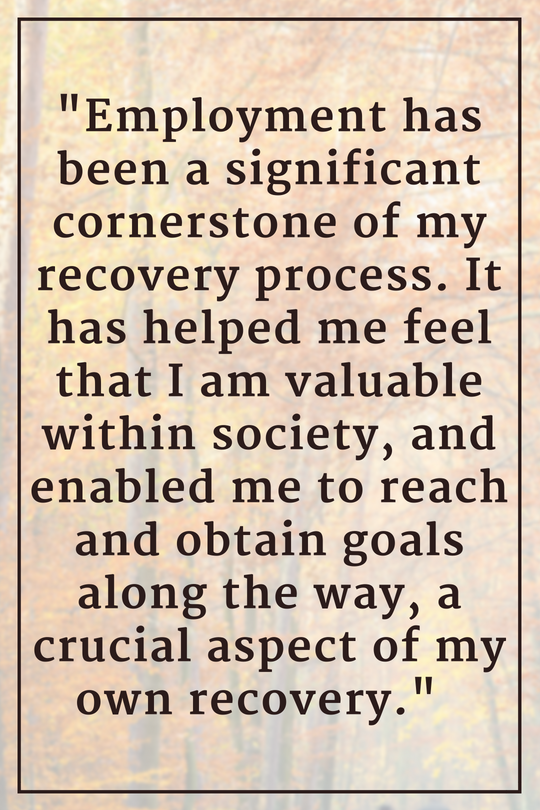 This month, we interviewed Ryan Rasmussen, who works as a Certified Peer Support Specialist. Ryan discusses how employment played a part in his recovery journey, and what led him to his decision to pursue a career as a Peer Support Specialist.
This month, we interviewed Ryan Rasmussen, who works as a Certified Peer Support Specialist. Ryan discusses how employment played a part in his recovery journey, and what led him to his decision to pursue a career as a Peer Support Specialist.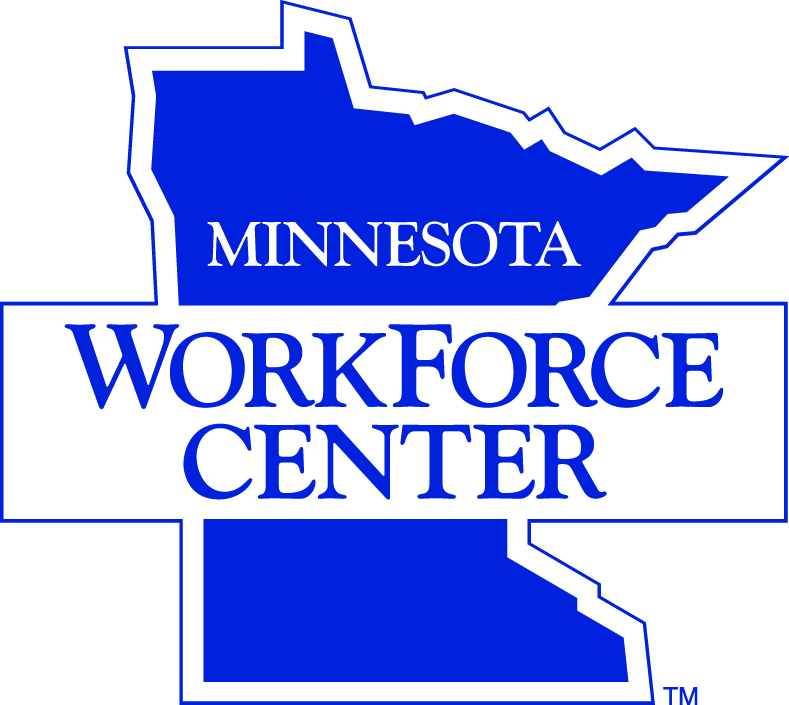

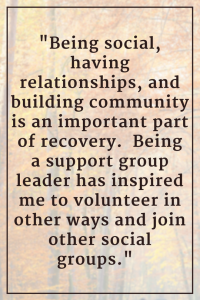 Could you tell us a little bit about yourself, and what led you to begin volunteering as a support group leader?
Could you tell us a little bit about yourself, and what led you to begin volunteering as a support group leader? 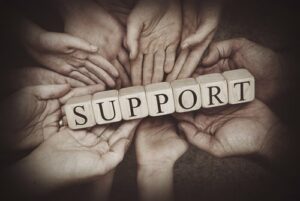 People who need people are the luckiest people in the world. – Barbara Streisand
People who need people are the luckiest people in the world. – Barbara Streisand This month, we interviewed Kim Lutes, who was concerned about a proposed bill and took action. She recently testified against the bill at a Minnesota House of Representatives committee hearing.
This month, we interviewed Kim Lutes, who was concerned about a proposed bill and took action. She recently testified against the bill at a Minnesota House of Representatives committee hearing.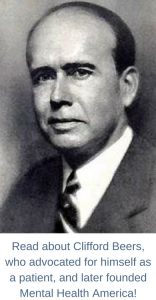
 The theme this year addressed parity and equity for mental health. While great strides have been made in building Minnesota’s mental health system, there is still significant work to do to truly have parity and equity for mental health treatment and services.
The theme this year addressed parity and equity for mental health. While great strides have been made in building Minnesota’s mental health system, there is still significant work to do to truly have parity and equity for mental health treatment and services. “We were really happy to see so many people visiting their legislators this year in addition to attending the rally,” said Mulvihill. “It’s so important for our elected officials to hear directly from their constituents that mental health is important to them.”
“We were really happy to see so many people visiting their legislators this year in addition to attending the rally,” said Mulvihill. “It’s so important for our elected officials to hear directly from their constituents that mental health is important to them.”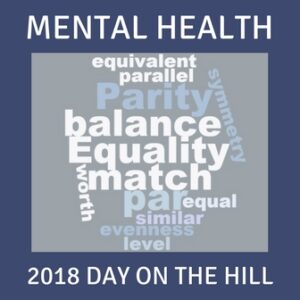 Mental Health Day on the Hill is just around the corner!
Mental Health Day on the Hill is just around the corner!